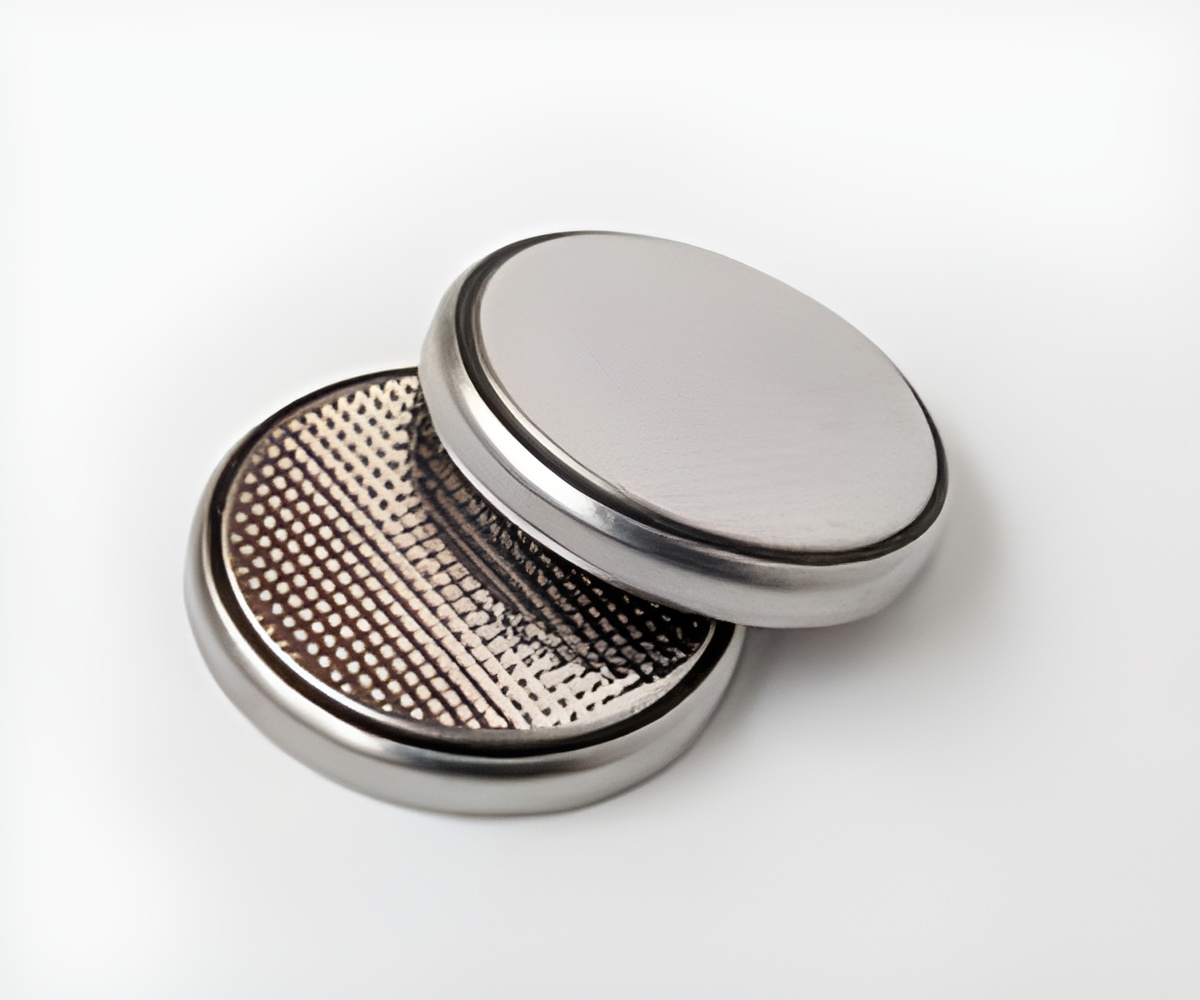Swallowing button cell batteries can lead to severe health damage in infants and small children, reveals a new study. More complications could arise if the button cell gets stuck in the esophagus.

‘Swallowing button cell batteries can lead to severe health damage in infants and small children. If the button cell gets stuck in the esophagus, no symptoms or only slight discomfort such as vomiting, loss of appetite, fever or coughing set in after several hours. As time progresses, it could lead to more tissue damage, bleeding, and necrotization of the tissue. In rare cases, these complications can also result in death.’
Read More..




Due to the increasing distribution of battery-operated devices in all walks of life, children can come more and more in contact with button cells and swallow them. Complications could arise if the battery gets stuck in the esophagus, because current starts to flow when contact is made with the moist mucosa. Hydroxide ions, which can cause severe chemical burns, are formed in the border area between the button cell and the mucosa. There is a special risk for small children if they swallow large button cells (over 20 mm in diameter), because it is highly likely that these will get stuck in the narrow esophagus of small children.Read More..
If the button cell can pass through the esophagus, complications are rarely to be expected. In cases of this kind it is usually sufficient to wait for the natural excretion of the battery under medical supervision.
If the button cell gets stuck in the esophagus, no symptoms or only slight discomfort are developed initially. Vomiting, loss of appetite, fever or coughing set in after several hours. As time progresses, more and more tissue damage is caused at the contact point between the battery and the esophagus which can lead to bleeding and necrotization of the tissue. The esophagus can scar and constrict as sequela. In rare cases, the complications can result in death.
The more the battery is charged, the more severe the health damage can be.
The BfR recommends immediate examination in a children's clinic if there is justified suspicion that a button cell battery has been swallowed.
Advertisement
Source-Eurekalert








